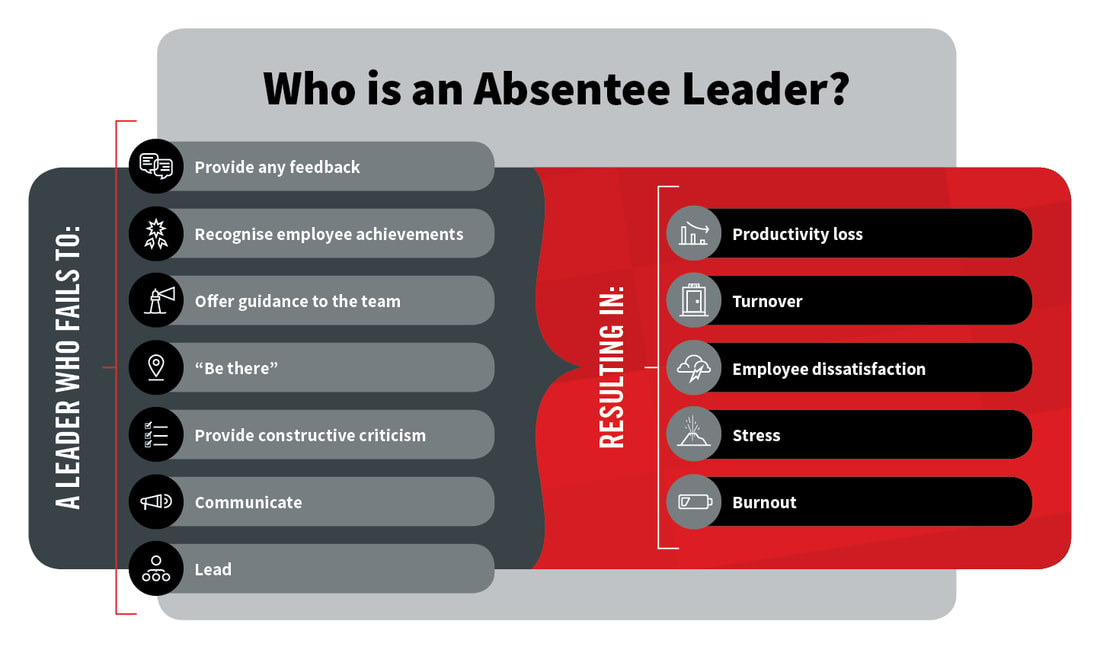In all of this, HR is key to helping you through a crisis. But it’s crucial that you provide the best support possible for your HR colleagues.
The coronavirus crisis has gripped the globe, not just Ireland, and HR professionals may be feeling the pressure as businesses make tough decisions on how to move forward beyond this crisis. As job losses continue to mount in Ireland, key HR skills have never been in more demand.
Let’s explore the importance of supporting your pressured HR team through a crisis and how best you can support those colleagues.
The Importance of Supporting HR Through A Crisis
Whether it’s a global pandemic, a jobs crisis or repetitional issues, your HR team are often your first port of call to distinguish the flames, investigate how to help & act. Depending on the size of your organisation, you may have internal and/or external communications teams as well. Regardless, HR are a key component in the solution of a company crisis - it’s crucial that you treat this component with care.
These valuable colleagues will act as the internal face of your organisation through a crisis. From producing consistent communication to all staff regarding a crisis, to organising meetings, coordinating next steps and providing guidance & advice through any difficult decision making, a crisis often means a heap of pressure on this department of your organisation.
How Can I Best Support My HR Colleagues?
1. Share the Burden
While your HR team have to be prepared to pull up their sleeves and dig deep to help your business through a crisis, it is important that you share this burden throughout your management team. The need for this may depend on the size of your organisation and various teams, but HR & management should work effectively together in order to help stem any crisis, particularly regarding job security & internal organisational matters.
By using your management team effectively, consistent communications between HR and your various departments will be released more quickly, helping to reassure colleagues through familiar faces. This is particularly true if you are a larger business; colleagues may not recognise HR officers but may be more likely to listen to their own line managers regarding any company crises.
Share the burden of a crisis, take the pressure off HR, and this will improve their performance for your company through this difficult time.
2. Communicate Honestly & Quickly
This is crucial - your HR team will not be able to perform if they do not know the latest information on any company crisis. From job redundancies to any damage to reputation, you must communicate honestly & as quickly as possible to your HR colleagues.
By ensuring they know the latest accurate information, they can relay this to your colleagues and ensure it is communicated to them in the right way.
If job losses need to be made, knowing this information fully will provide them with the time to prepare for this effectively. Whatever the crisis, remember to communicate with HR at all times!
3. Listen & Act on Advice
Your HR team aren’t just there to do the nitty gritty, to tell your staff about redundancies or to mitigate any issues with colleagues. You have employed them to provide their HR skills to your company - so listen up!
Their advice on how to handle any HR or people crises will be invaluable. Your HR colleagues are there to steer you through difficult decision making through their expertise, legal knowledge & their communications skills.
By listening & acting on any advice or feedback provided by your HR team, you can provide the necessary support and validation to help them to do their jobs, and to ensure they feel valued during a crisis.
If your business requires HR support, or you have a HR enquiry, get in touch.








 RSS Feed
RSS Feed